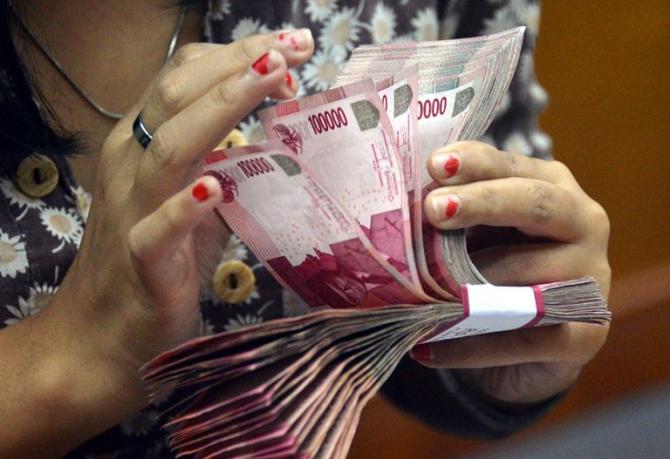
In most cases, there are also strict transparency requirements, with candidates and parties obliged to disclose all of their donations and their sources. In combination, state subsidies and the encouragement of small-scale donations pursued the goal of insulating parties from oligarchic interests and other lobby groups. This, it was hoped, would allow parties to act autonomously in the same way they did in the era of mass parties. While scholarly assessments of the various funding mechanisms are highly diverse, the available evidence suggests that countries with high levels of public party financing have generally been more successful in this enterprise than those countries in which state subsidies are absent or negligible.
Indonesia’s party and campaign financing regulations
The designers of Indonesia’s party financing system in 1998 and 1999 decided that parties should be funded through three main mechanisms. The first source of income was supposed to be membership fees. The three parties that had emerged from Soeharto’s New Order regime claimed tens of millions of members, and some of the new parties — such as the National Awakening Party (PAN) and National Mandate Party (PKB) — also boasted that they could rely on large mass bases.
These claims led to expectations on the part of lawmakers that Indonesian parties could raise much of their income from membership fees just as European mass parties did during the first half of the 20th century. Indeed, although this prediction turned out to be inaccurate, membership fees were maintained as one of the three pillars of Indonesia’s party financing system throughout the revisions of the political party law in 2002, 2008 and 2011.
Second, parties were allowed to accept donations. These donations were capped, but the threshold was constantly raised throughout the years. Based on the 2011 party law, parties can receive Rp 1 billion rupiah ($91,000) from individuals and up to Rp 7.5 billion from corporations per year. Additional donations are possible to the accounts of legislative, presidential and local executive campaigns, with comparable thresholds in place.







 resized.png)
